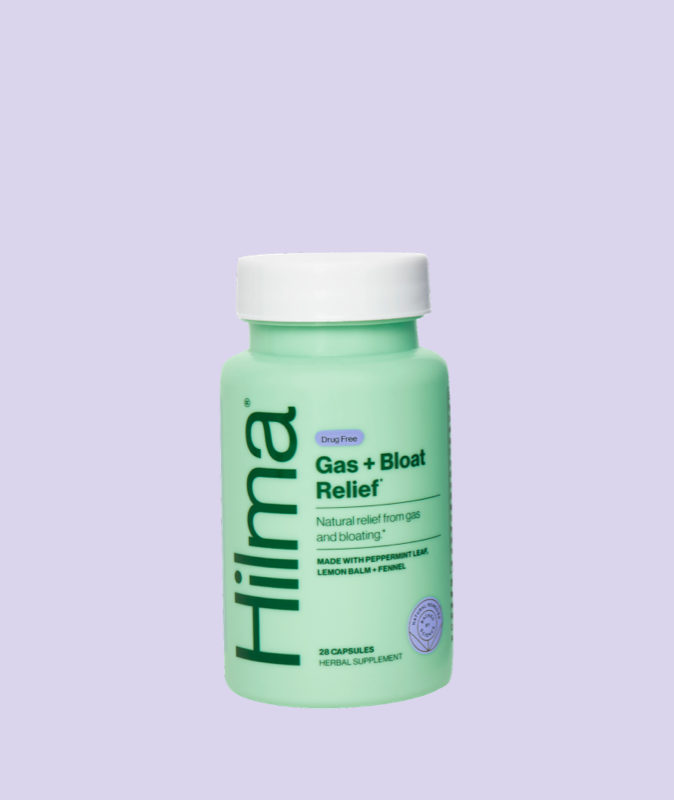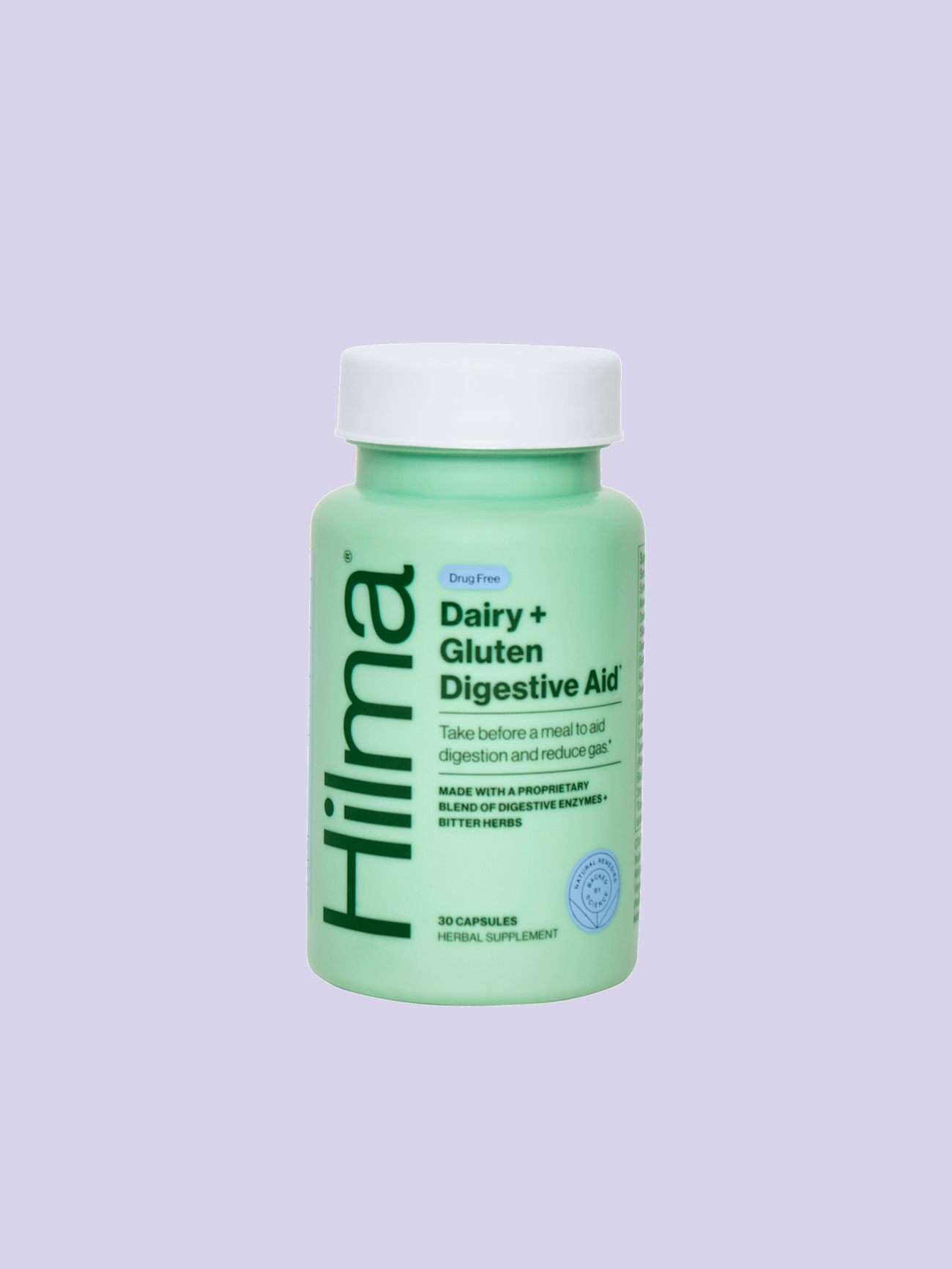
Have you ever heard the term “endocrine disruptor” but never understood what it actually meant? You are not alone! We spoke with the experts at Hormone University to better understand what they are, and why they can affect your health so greatly (i.e. why you should care!).
What are endocrine disruptors?
Endocrine disruptors (EDCs) are chemicals that interfere with the natural function of the endocrine system. The endocrine system is a network of glands and organs. Glands produce and release a variety of hormones which serve different functions in the body. The endocrine system is critical to our body and mind’s total health and function.
Endocrine disruptors are ubiquitous. We can find them in the air we breathe, our water supply, the soil we farm, and in the products we put on and in our bodies. However, we can do our best to minimize exposure to them with a little research and guidance. Learning where to find endocrine disruptors can help you avoid them and preserve your hormonal health by opting for safer, hormone-friendly products in their place.
Endocrine disruptors are most often found in:
- Plastics like water bottles and food containers
- Plastic wraps
- Unfiltered water
- Some linings of cans
- Body creams
- Fragrances
- Shampoos, conditioners, and other hair grooming products
- Toothpaste
- Deodorant
- Tampons
- Household cleaners and detergents
- Pesticides – both commercial and home use
Common endocrine disruptors to look out for include (and an expanded list with more detail can be found here):
- Phthalates are used in hundreds of products, among them plastic wraps and food and beverage containers. These endocrine disruptors leach into foods while stored and release when containers are left in the sun or microwaved.
- BPAs: a common type of endocrine disruptor found in plastics
- Perchlorate: can enter water supplies as it is commonly used in fertilisers, explosives and road flares.
Why do endocrine disruptors matter?
So why should you care about these sneaky chemicals? Because Endocrine disruptors do exactly what their name indicates – disrupt your health. They do this in a host of ways such as blocking the production of some hormones or stopping hormones from doing what they should. They can also mimic hormones. When hormones aren’t produced or are inhibited from doing their jobs, it can have important health consequences. Endocrine disruptors cause hormonal imbalances in the body resulting in our not behaving or feeling like ourselves.
Endocrine disruptors we come in contact with every day, sometimes multiple times each day can also lead to serious illnesses and diseases such as cancer, diabetes, thyroid disorders, reproductive issues, developmental and cognitive disorders, Parkinson’s disease, and learning disorders.
Some specific implications of endocrine disruptors include:
- Phthalates: interfere with testosterone production, a principal hormone for men.
- BPAs: thought to interfere with estrogen, progesterone and thyroid hormones. Studies have shown that BPA can affect how eggs mature and affects the hypothalamus and pituitary gland, parts of the brain.
- Perchlorate: interfere with iodine uptake into the thyroid gland, affecting the thyroid and production of thyroid hormones
The best way to prevent + manage problems caused by endocrine disruptors is to to identify how they are showing up in your day to day life so you can make healthier choices to support your health.
About Hormone University
Hormone University has pioneered the first certification for endocrine-disruptor free products, to independently certify products that meet safety criteria by committing to the highest standards of quality, safety and while prioritizing practicality and positive impact.
This information is for educational purposes only and should not be taken as medical advice. Please consult a physician before treating any disorder.




